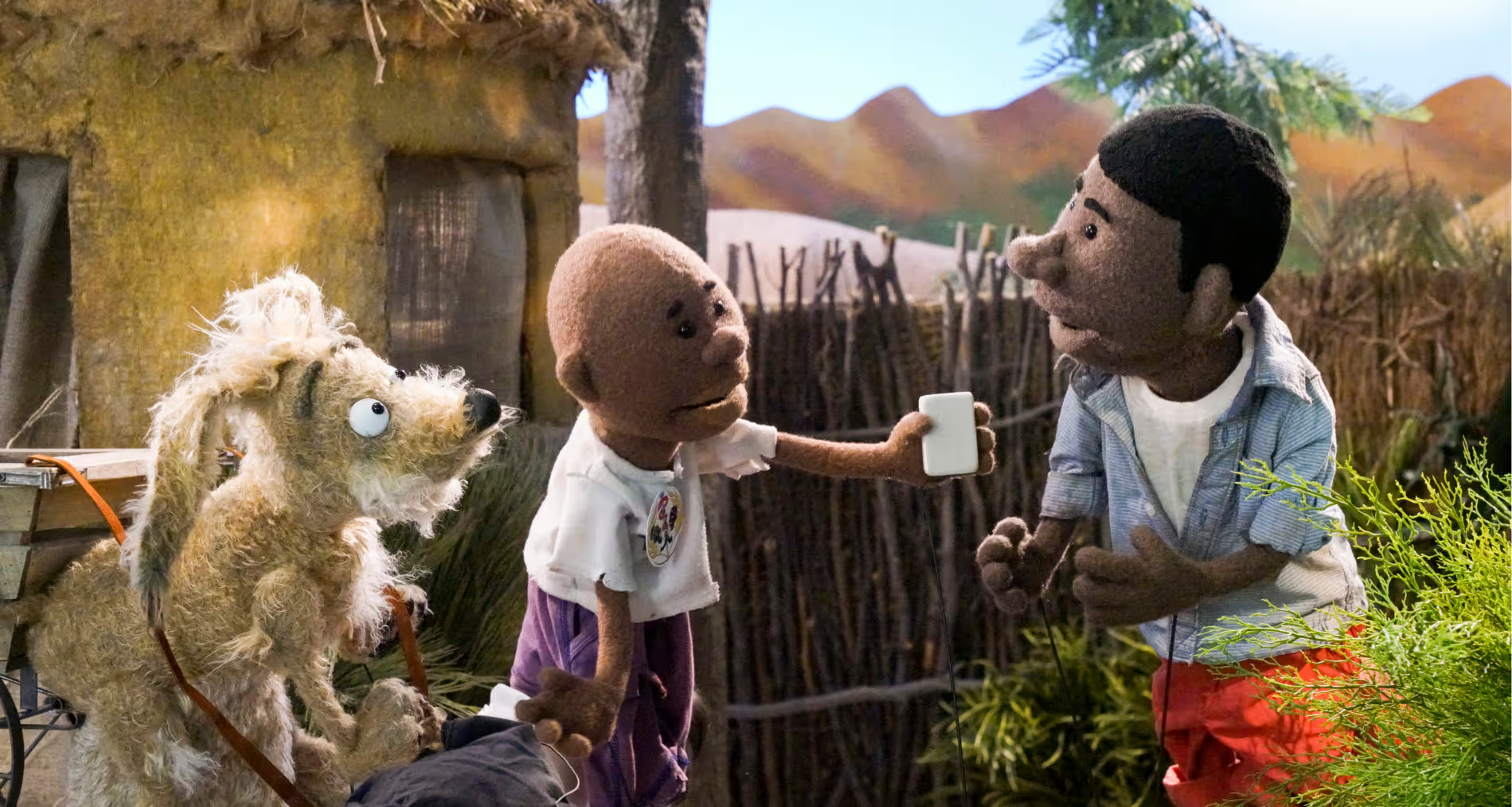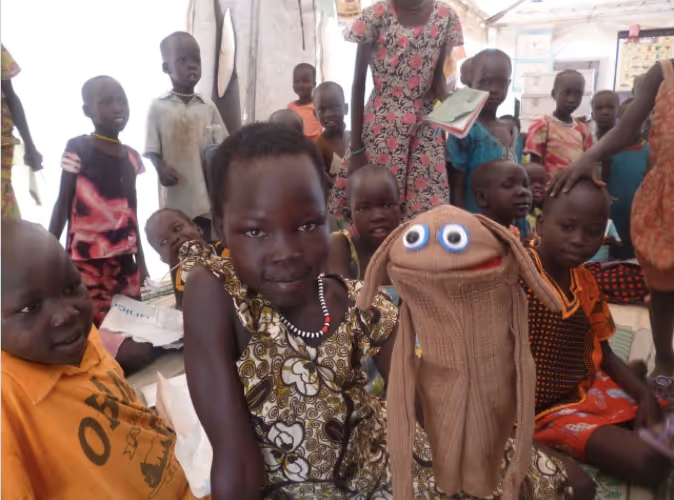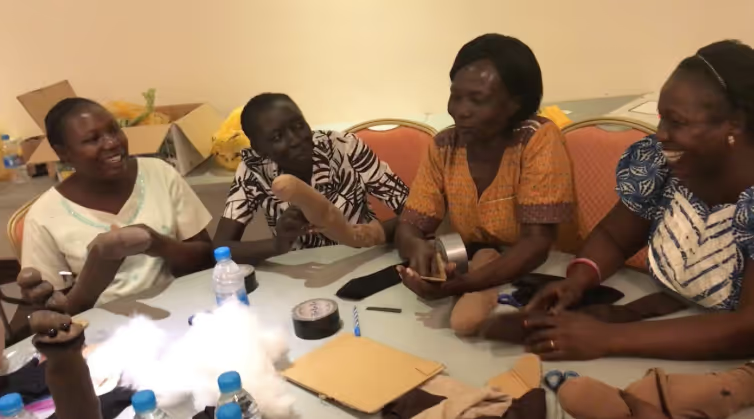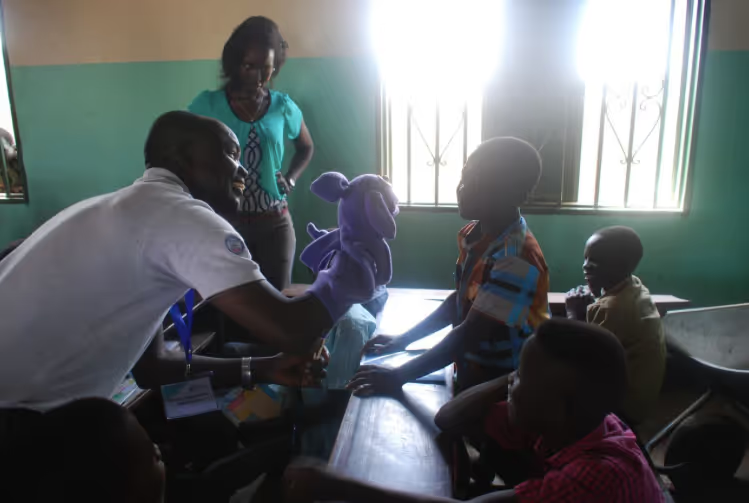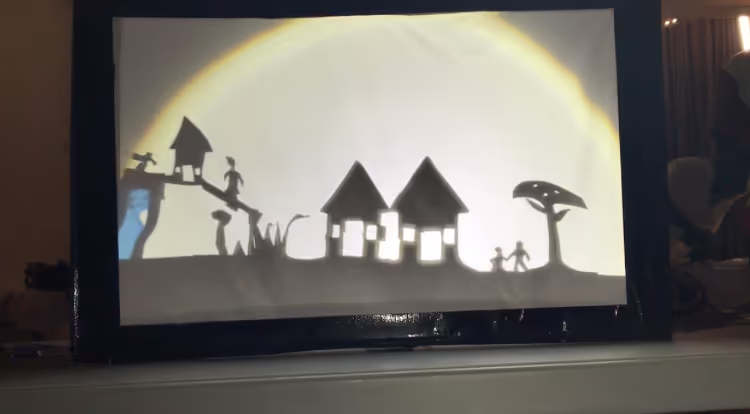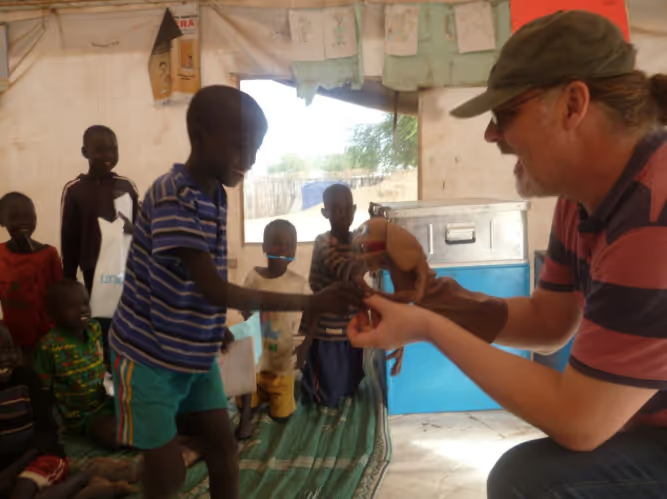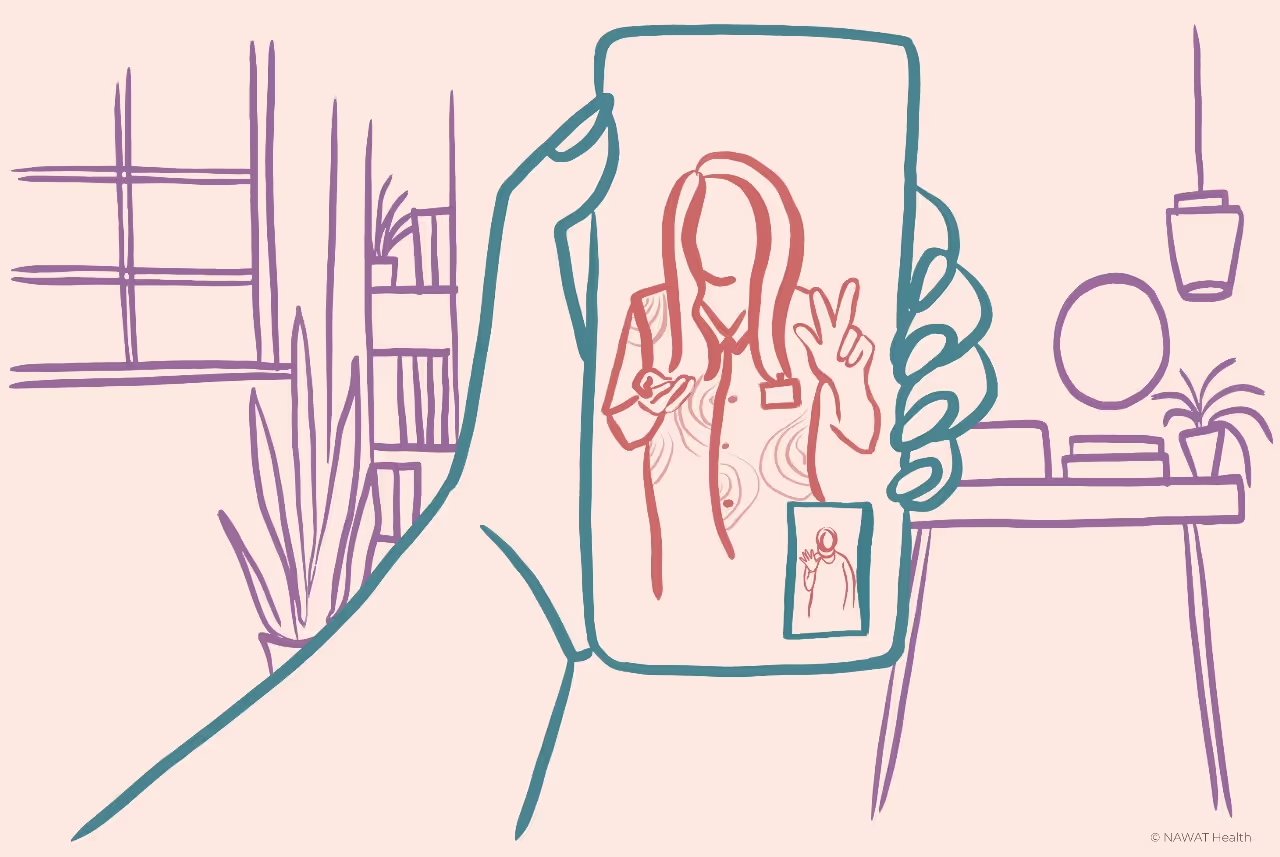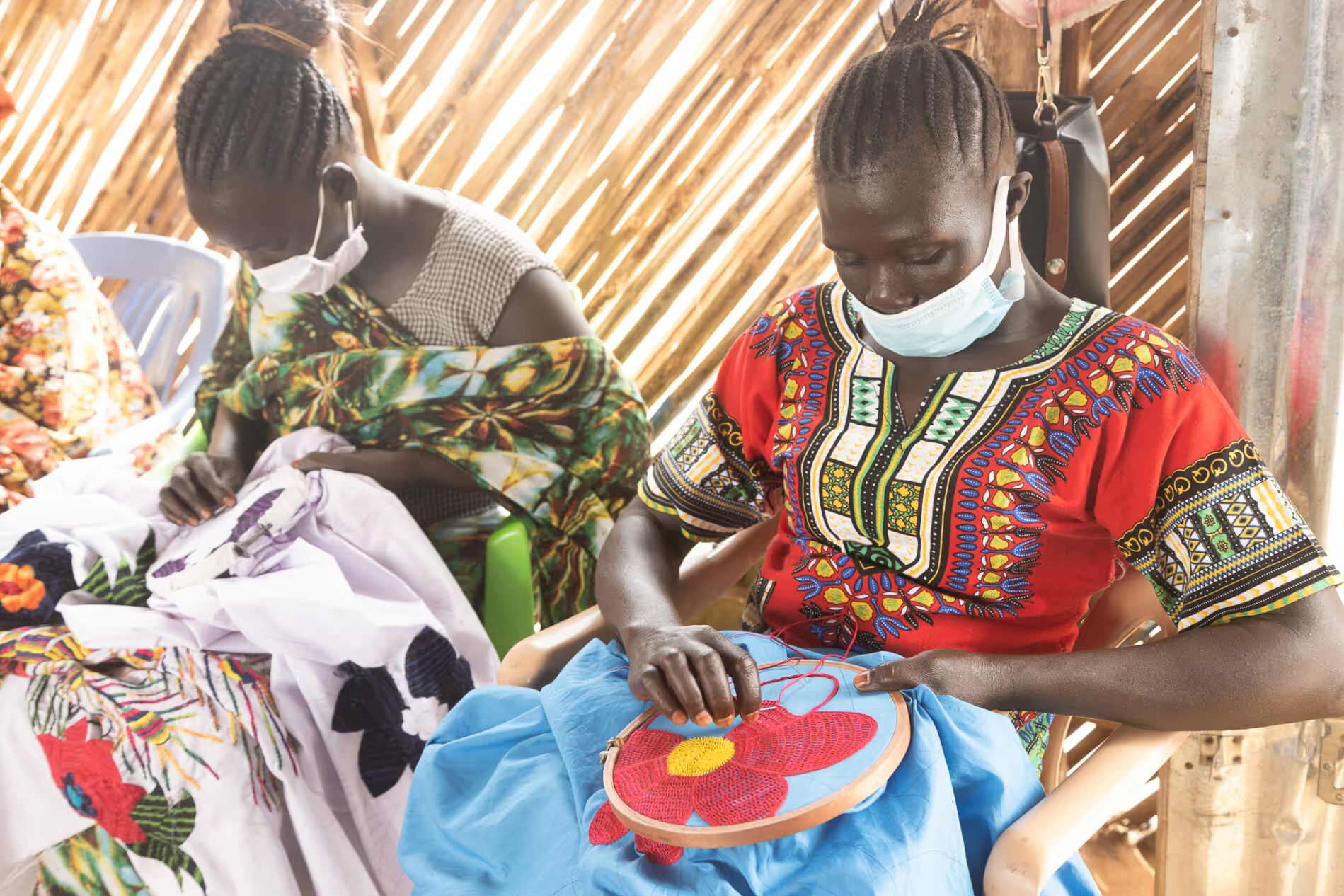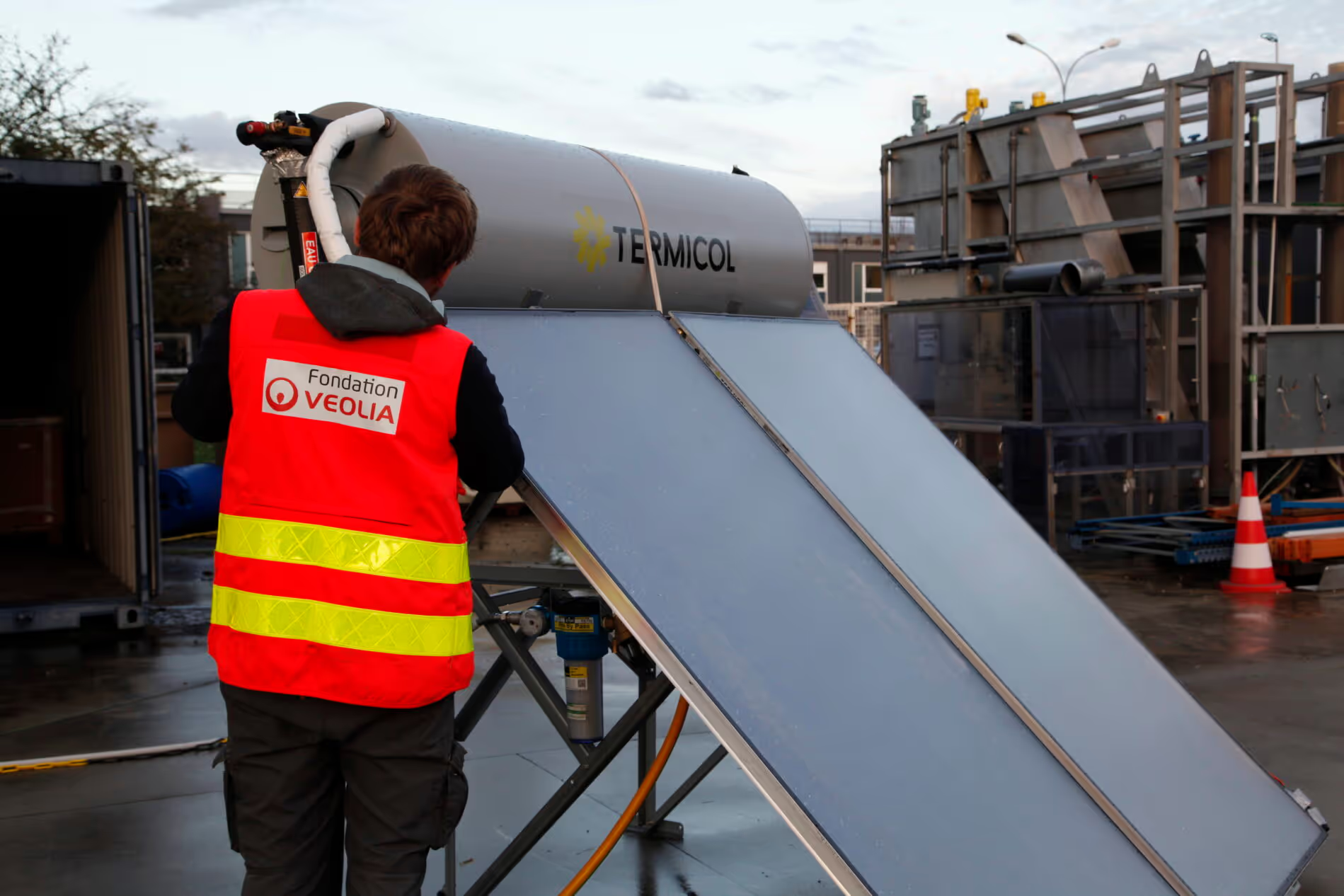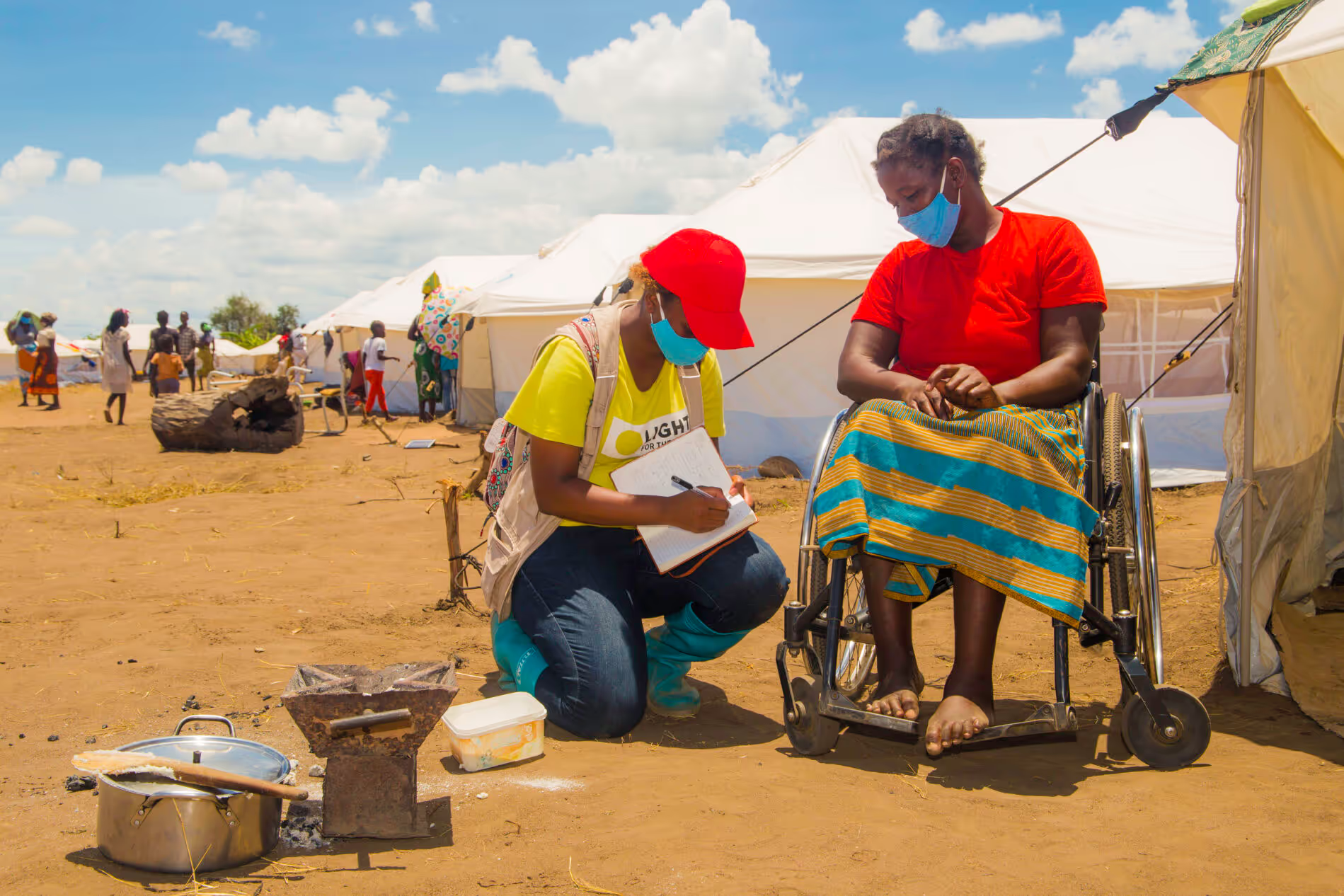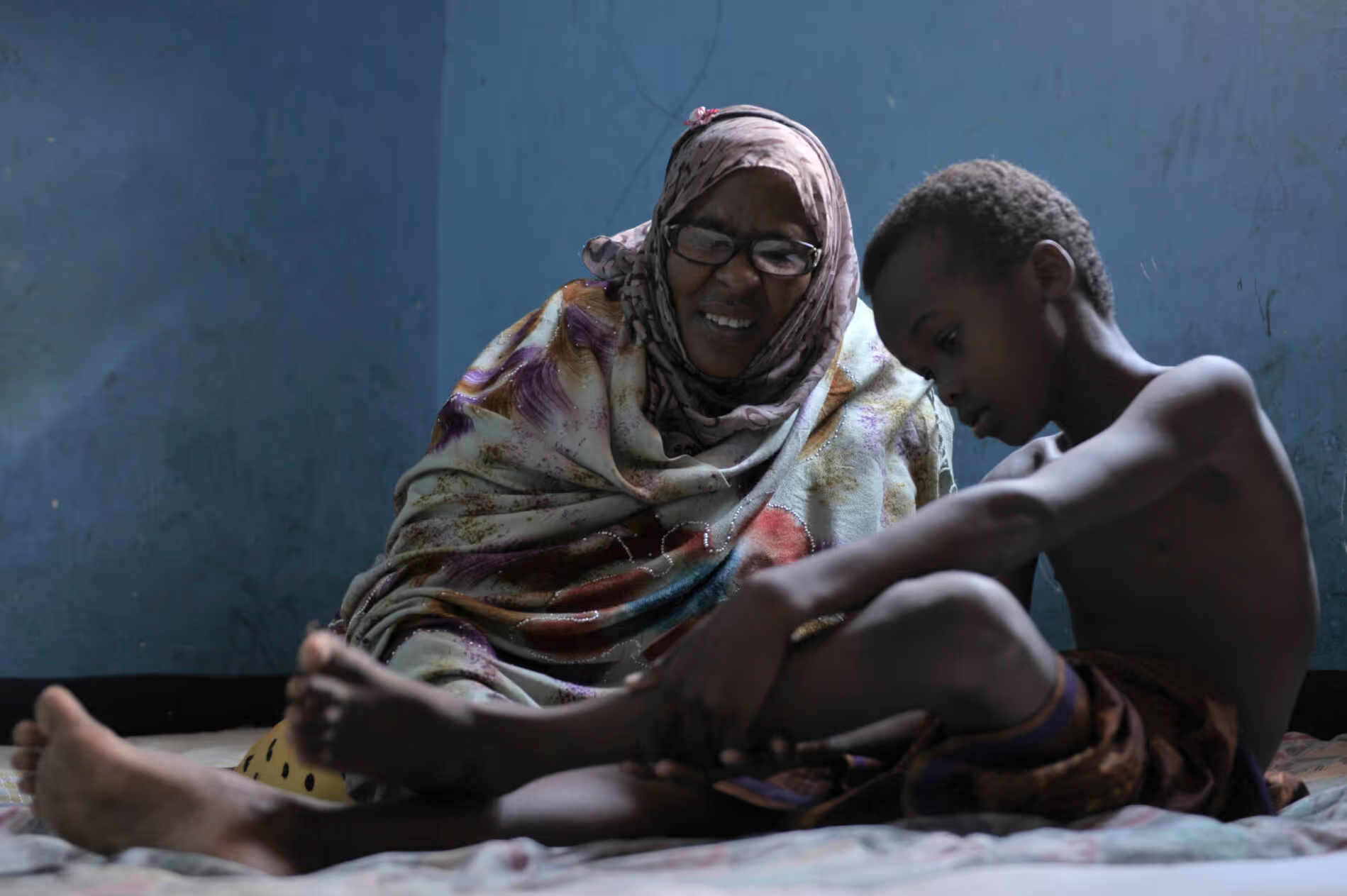Using Puppetry to Increase Participation in Handwashing Communication Initiatives
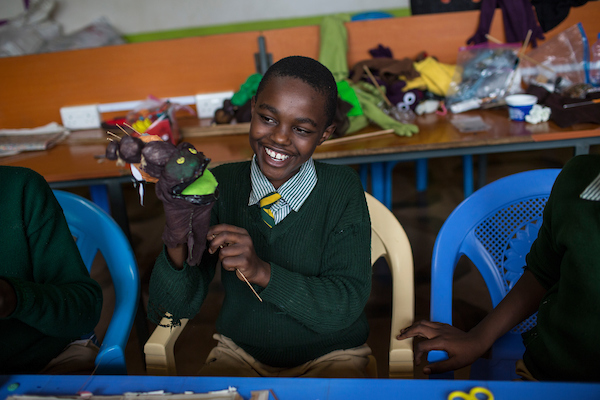
Project overview
No Strings International is developing a puppetry-based storytelling project around handwashing with soap, through a broadcast-quality puppet film introducing key messages and a range of innovative, hands-on techniques that encourage meaningful community engagement for lasting behaviour change.
Countries
South Sudan
Organisations
No Strings International
Partners
Northumbria University; Catholic Relief Services
Area of funding
Humanitarian Innovation
Grant amount
116801
Start date
04
January
2017
End date
04
July
2018
Project length (in months)
18.2
Funding calls
No items found.
Focus areas
No items found.
Topics
No items found.
Status
Closed
Project solution
This project offers [specific solution or intervention] to tackle [challenge]. By implementing [strategies, tools, or innovations], the project aims to achieve [desired outcomes]. The approach is designed to [specific actions or methods] to bring about meaningful change in [community, region, or issue area].
Expected outcomes
This project aims to achieve [specific outcomes], such as [measurable results, improvements, or changes]. The expected impact includes [benefits to the target community, advancements in research or innovation, or long-term effects]. By the end of the project, we anticipate [specific changes or milestones] that will contribute to [broader goals or objectives].
No items found.
What is the humanitarian need?
Handwashing with soap protects countless lives, but in emergencies, where the risk of infectious disease is heightened, urgent messaging campaigns can quickly lose impact. With a large proportion of displaced communities under the age of 18, hygiene promotion activities need to include children and teenagers, along with mothers of younger children, as primary targets.
One-way communication tools produce questionable long-term behaviour change results. Our approach raises awareness through a specially-made puppet film, but it also requires that community groups themselves make meaningful connections through collaborative storytelling activities using age-appropriate puppetry techniques that attract people’s active engagement.
What is the innovative solution?
No Strings works with some of the leading creators of the original Muppet Show to make culturally-sensitive films that are central to our behaviour change programmes. Our new film, Time to Wash, equips local health promoters with a fun tool that attracts the attention of target groups around issues linked to handwashing with soap. It includes a catchy song and has been dubbed into several local languages.
The second part of our innovation is a range of playful, storytelling tools that stimulate genuine participation, so that target group members interpret messages together using engaging puppetry techniques like shadow theatre, models, or making Mr Poop sock and Germ puppets.
Puppetry allows for the abstraction of sensitive or taboo issues, and therefore for problems, barriers and solutions to be identified and discussed more openly. The approach furthermore gives affected communities a voice that can feed into facility provision and maintenance.
What are the expected outcomes?
Working in partnership with Northumbria University and CRS, No Strings International will evaluate the processes involved in reaching target groups effectively in order to understand which parts of the innovation work best, how different target age groups respond, conditions and resources that allow health promoters and community volunteers to contribute most effectively, and identify key challenges. Supporting this process assessment, we will define a strategy and conduct an impact assessment.
Taking these findings into account, a professional film crew will work in country to create a video manual to support the ongoing training of community volunteers in the target region, and which can furthermore be used to take the project to scale in additional humanitarian settings in the region. The expected outcome is thus a fully-packaged tool to support behaviour change programmes around handwashing with soap within a wider infectious disease risk management framework.
Read the Humanitarian WASH Innovation Catalogue
Learn more about this WASH project, and many others, in our Humanitarian WASH Innovation Catalogue.
[.cta_link]Read now[.cta_link]
No items found.
Project delivery & updates
Stay up to date with the latest developments from this project. Here, you will find details on what has been delivered, resources created, and regular updates as the project progresses. Access key documents, reports, and other materials to see how the project is making an impact.
No resources/updates have been published yet for this project. Sign up for our newsletter to stay informed about upcoming publications and updates!
Join our Newsletter
Resources
No items found.
Latest updates
No items found.
